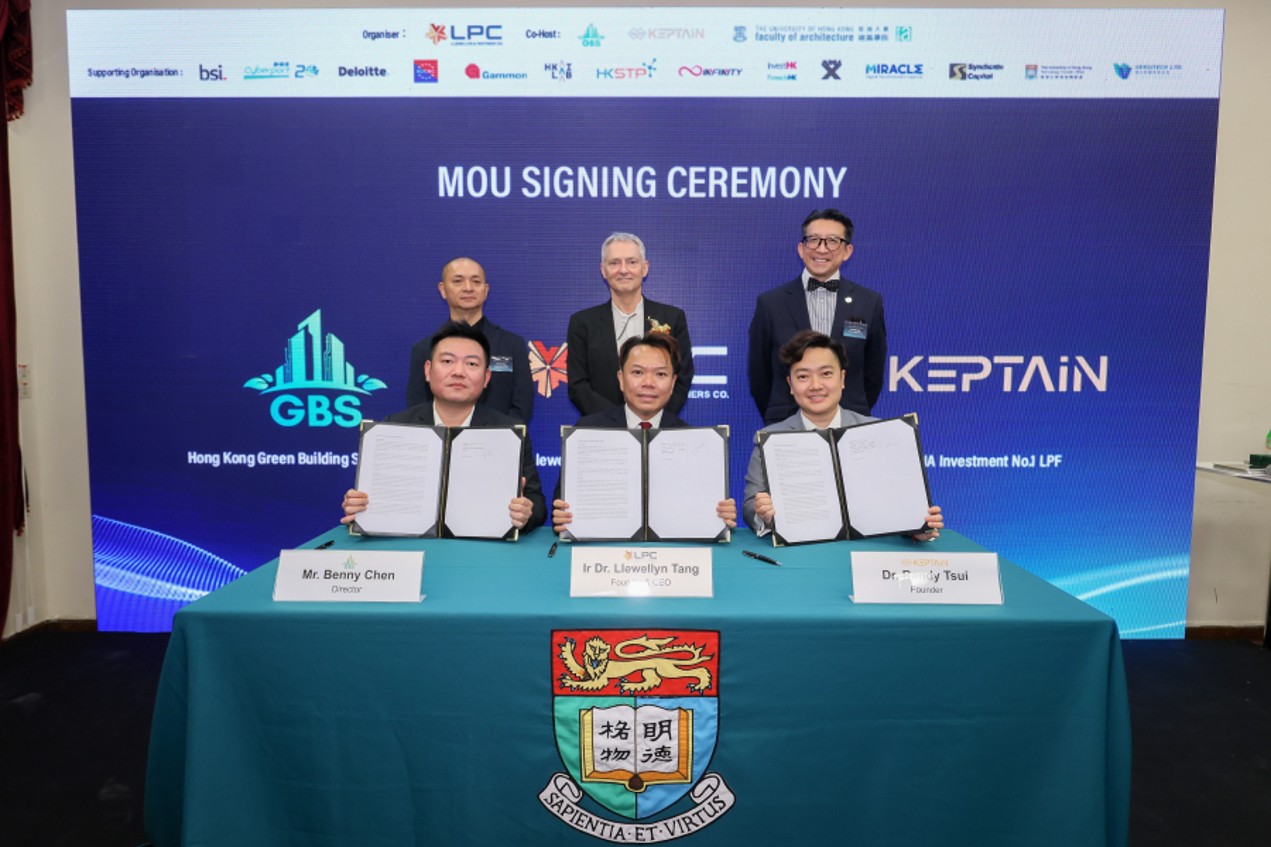
In this era where public and private sectors are going through rapid digital transformation, gathering huge amounts of data is critical to better decision-making. Understanding the connections between data sets and deriving meaning is essential to deriving actionable insights. However, collecting data and analysing it manually is not practical or feasible as the volumes are far too massive for humans to handle.
However, significant insights do not necessarily mean gathering new data; insights can be drawn from existing data by reframing the problem and visualising it differently – such as a graph.
Unlike most other ways of looking at data, graphs are designed to express relatedness. Graph databases can uncover patterns that are difficult to detect using traditional representations such as tables. An increasing number of companies are using graph databases to solve a variety of connected data problems.
Neo4j is a native graph database platform that provides connections and relationships between data to provide relevant context and actionable insights for organisations and communities. Different from traditional databases, which tend to merely collect data by arranging them in rows, columns and tables, Neo4j has a flexible structure defined by stored relationships between data records. By using graph databases, organisations can leverage data relationships to generate competitive advantage and significant business insights for different purposes from fraud detection to identity and access management.
 OpenGov Asia had the opportunity to speak exclusively to Nik Vora, Vice President of Asia-Pacific at Neo4j. Nik has over 12 years of experience in the tech industry and started working at Neo4j as the company was looking to expand its business to APAC regions. In his current role, he leads the APAC business to establish solutions for organisations and communities to view the connections and relationships amongst a large amount of data for better decision-making.
OpenGov Asia had the opportunity to speak exclusively to Nik Vora, Vice President of Asia-Pacific at Neo4j. Nik has over 12 years of experience in the tech industry and started working at Neo4j as the company was looking to expand its business to APAC regions. In his current role, he leads the APAC business to establish solutions for organisations and communities to view the connections and relationships amongst a large amount of data for better decision-making.
While the COVID-19 pandemic has certainly slowed down the pace of most businesses, the crisis also accelerated digital transformation and forced both public and private sectors to adapt to the new normal through tech adoption. As most projects hinge on data, organisations across the spectrum have evolved to capture a massive amount of data from the citizens or customers.
For Nik, capturing data is only the first part of the solution. The next step is making sense of the data to gain insights that can intelligently inform action. Neo4j enables customers to incrementally achieve a variety of outcomes using the context and the relationship of the data available to them.
In the banking sector, traditional methods of fraud detection are inadequate to identify increasingly sophisticated fraudsters. Bad cyber actors have developed a variety of ways to elude discovery, both by working together and by leveraging various other means of constructing false identities.
Neo4j helps better detect fraud as graph databases offer new methods of exposing rings and other sophisticated scams with a high degree of accuracy, and are also capable of stopping advanced fraud scenarios in real-time.
Three of the most damaging types of fraud are first-party bank fraud, insurance fraud and e-commerce fraud. While these are three entirely different types of fraud, they all have one very important thing in common – a deception that relies upon layers of misdirection that can be uncovered through connected analysis. In each of these examples, graph databases offer a significant opportunity to augment existing methods of fraud detection, making evasion substantially more difficult.
At the same time, Neo4j can be used to significantly shorten a bank account opening process from days to less than 30 minutes. Their technology completely changes e-banking as it accelerates the process, provides convenience without compromising security. Neo4j ensures all security checks for the customers before someone has access to the banking system.
In the public sector, Neo4j assists law enforcement and immigration as well as aiding governments in their smart nation strategy. Currently, governments are predominantly using Neo4j for COVID-19 contact tracing – stopping the spread of contagion requires connections of data from a multitude of different sectors.
In contact tracing, providing an easy interface to visualise data can help public health officers understand transmission chains and accelerate the process (contact tracing). Neo4j initially focuses on data modelling, remaining as close as possible to the fundamentals of the disease and its environment.
At the same time, governments can use these connections of data to understand their citizens to promote skill improvement in this digital era. Neo4j provides solutions to a wide variety of problems that deal with connections.
As a real example of how the company gives solutions in the public domain, Nik elaborated their involvement in the Panama Papers. A lot of the findings were orchestrated by a global network of investigative journalists who had access to 11.5 million documents. The key was to uncover connections among those documents to reveal secrets that were possibly not in the public domain.
However, human resources were inadequate to effectively analyse the connections of 11.5 million documents. Neo4j provided the journalists with an interface to connect all documents and make the connections visible – which made the investigation far more productive.
Neo4j can help anti-money laundering programmes as graph technology can be used to deliver a holistic view of the various entities involved in financial crime and the relationships between these entities and expose hidden, fraudulent connections. Sophisticated technologies have been adopted to give the alert for potential money-laundering activities, but the investigation is still done manually.
Nik explained that Neo4j utilises data from the existing technology, accepts all the alerts and finds deep context of how all the data connected. As a result, the false-positive cases of money laundering have been cut in half and there is far more accuracy in determining genuine cases. This improves efficiency as agents can process the most likely cases instead of wasting time on wild goose chases.
Another example of Neo4j prowess is its application in auto racing cars. Their prerace preparation offers a simulation of likely scenarios – as there are millions of possible combinations of what could happen, car companies use the concept of digital twins to visualise possibilities. Other sectors, including oil and gas companies and major supply-chain organisations, simulate their entire business as a digital twin using applications built primarily on Neo4j. Neo4j has a rich ecosystem of partner tech companies whose purpose is to built visualisation.
Neo4j currently has tremendous global demand, but APAC operations are unprecedented due to the high number of systems, devices and people in the region. Over the last five years, the centre of innovation is heavily moving towards the Asia Pacific. For the next 12 months, Neo4j aims to cater to its customers’ demands and tackle increasingly complex challenges in real-time.
In closing, Nik emphasised the importance of open source to Neo4j as it directly leads to a position of responsibility and benefit of skills and training. The company focuses on skill enablement across APAC. They want to ensure developers have access to the newest and the best in the use cases to be able to generate ideas and prototypes for businesses.
As the world adopts more advanced technologies, Neo4j will focus on empowering developers, universities and schools to ensure more people are aware of the power, versatility and effectiveness of graph database platforms.





















